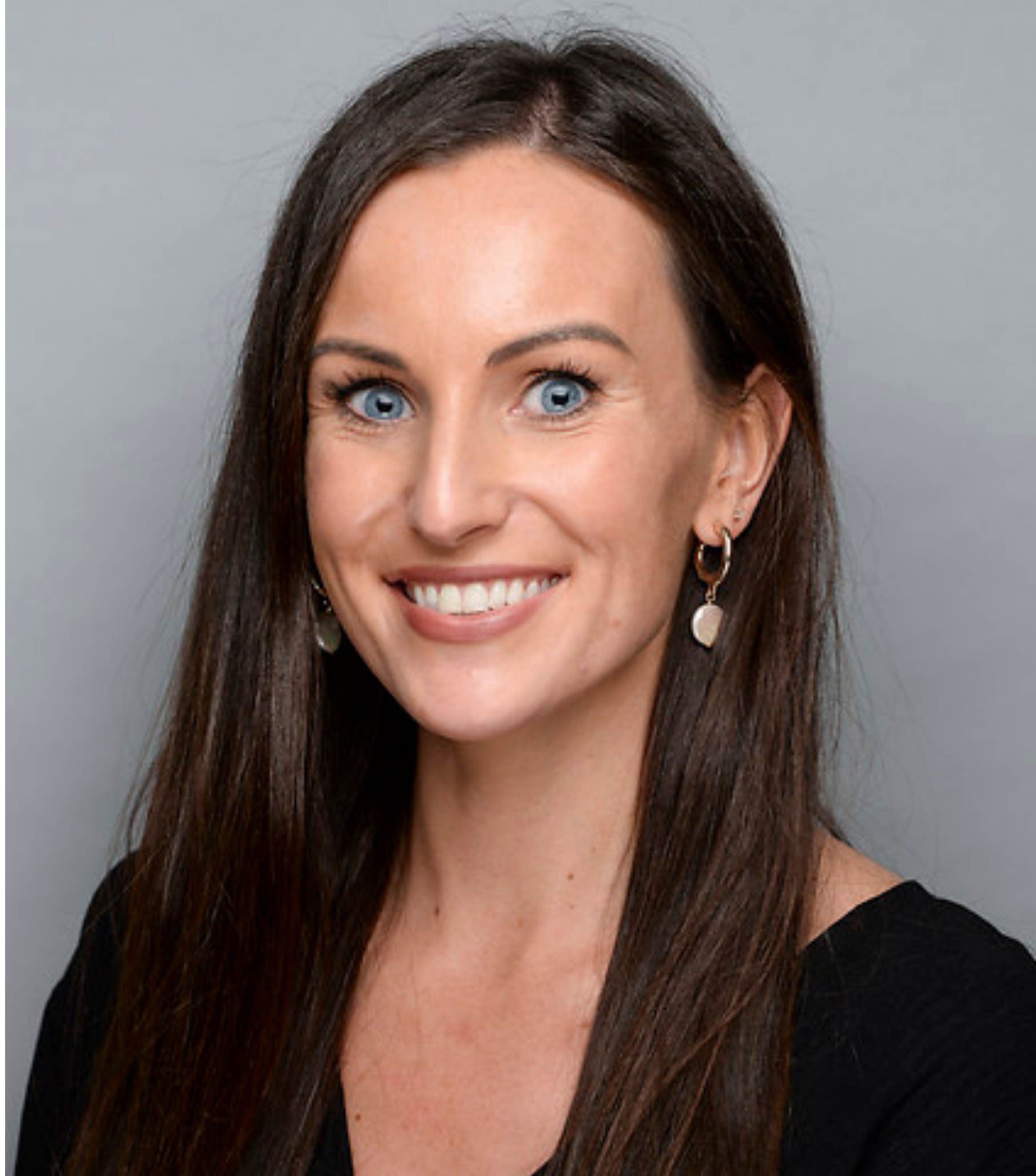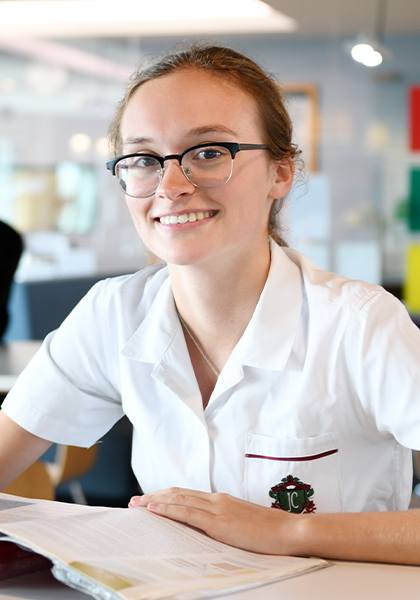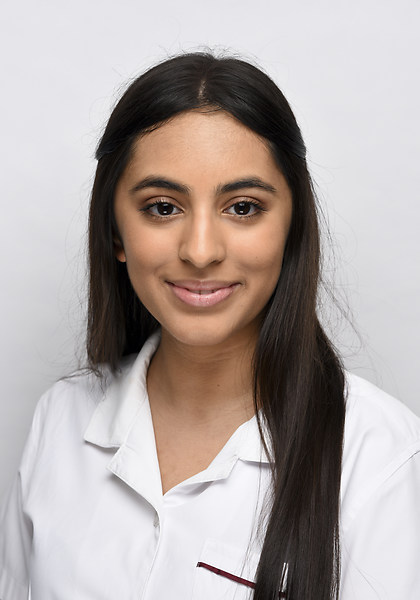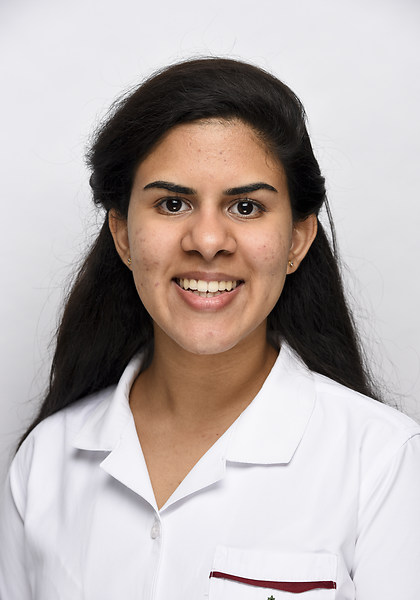economics
Sixth Form
A level Economics aims to impart an appreciation of the significance of economics in interpreting current affairs. Students will be able to use both macro and micro economic analysis to explain the concept of a market, how they work, why they fail and how governments can augment and correct their operation. Students will be able to explain recent developments in both the UK and the global economy. By studying A level economics, students will be able to engage in on-going debate over some of the most controversial issues faced by society such as poverty, taxation and unemployment. At the very least it is hoped that students will develop a passion for economics which will help influence important decisions later in life.
It is not necessary for candidates to have studied GCSE Economics before undertaking this course and no prior knowledge of Economics is required. Students who are well motivated with a logical approach to their learning will be successful. However, for students who have not taken GCSE Economics, a minimum of a B or grade 6 in GCSE Business Studies (or a similar subject) is required in order to complete the quantitative elements within the course.
Why is it a useful qualification?
Completing A Level Economics provides students with an appropriate foundation for further study in Economics or related studies. The course provides a launch pad for careers in commerce related fields such as banking and finance. The course will promote the important skills of decision making and problem solving.

Ms. Charlene Doherty
Head of Business and Economics
Charlene graduated in 2011, with a BSc in Business from University of Ulster, before pursuing a career in quality assurance with Allstate Insurance. After two years’ industry experience she decided that her passion was teaching. She then secured a place in Middlesex University, moved to London and successfully completed a PGCE in Secondary Education the following year.
Where Are Our Students Now?
-

Amber Waite
University of Oxford - Neuroscience
-

Kazal Oshodi
4 A*
University of Cambridge - Engineering
-

Wen Qi Saw
4 A*
Durham University – Natural Sciences
-

Aashna Acharya
3 A*
University College London - Psychology
-

Syed Musa Askari
3 A*
Kings College - Law
-

Amir Girgis
4 A* & 1 A
Georgia Institute of Technology – Computing
-

Antoine De Mascarel
3 A* & 1 A
École Polytechnique – Engineering and Economics
-

Ebani Dhawan
3 A* & 1 A
University College London – Arts and Sciences
-

Scott Shepherd
3 A* & 1 A
University of Cambridge – Asian and Middle Eastern Studies
-

Kathryn Dey
2 A* & 1 A
Queens University Belfast – Medicine
-

Jade Gavigan
2 A* & 1 A
Durham University – Geography
-

Olivia Green
2 A* & 1 A
York University – Social and Political Science
-

Aakanksha Mehta
2 A* & 1 A
Northeastern University (USA) – Economics
-

Rhea Raj
2 A* & 1 A
St Georges University (Grenada) - Medicine
-

Sita Williams
2 A* & 1 A
University of Bristol - Maths
Explore Our Subjects
-
Art and Design
The A-Level Art and Design course has been designed to encourage an adventurous and enquiring approach to art and design. -
Biology
An A level qualification in Biology could prepare you to study Biology or Biological Sciences in further or higher education. -
Business Studies
The aim of the Business Studies A Level course is to give students the skills and ability to launch their own business. -
Chemistry
The study of A level Chemistry should be a practical experience for students. This course contains practical activities... -
Computer Science
Computer Science is a practical subject where students can apply the academic principles learned in the classroom to real-world systems. -
Drama and Theatre Studies
The Drama and Theatre Studies course provides the opportunity to study a range of play texts, theatrical practitioners... -
Economics
A level Economics aims to impart an appreciation of the significance of economics in interpreting current affairs. -
English Language
Students are introduced to the study of English in its various forms and contexts, with the concepts and methods... -
English Literature
During Key Stage 2, students start to rationalise and think independently -
Further Maths
Students who have gained grade 8/9 at GCSE Mathematics and completed the GCSE Further Mathematics... -
Geography
The new AQA A-Level specification is available for teaching from 2016 and will be first examined in 2018. -
History
As in GCSE History, you will learn by using a variety of techniques, from structured written responses... -
Information Technology
In a world where Information Technology (IT) is constantly changing, individuals increasingly need technological and information literacy skills... -
Inclusion
Jumeirah College has a team dedicated to help students with their transition to A Levels. -
Mathematics
The Advanced GCE course in Mathematics aims to build on students’ knowledge from GCSE Mathematics. -
Media Studies
Through studying Media Studies students will view, evaluate and analyse a variety of media products, and develop practical skills spanning a range of media forms. -
Music
A Level Music from Edexcel aims to deliver a rounded course where students continue to expand their knowledge... -
Photography
The course aims to develop understanding of a wide range of photographic approaches. -
Physical Education
This course aims to enhance a student’s knowledge and understanding of the factors which affect performance and participation in Sport and Physical Education. -
Physics
To teach students the skills of debate, research, arguing a case and to provide them with greater political and global awareness. -
Product Design
This course has been designed to encourage pupils to take a broad view of design and technology. -
Psychology
Why do we feel, think and behave the way we do? Psychology looks at such questions by studying the human mind and behaviour.
